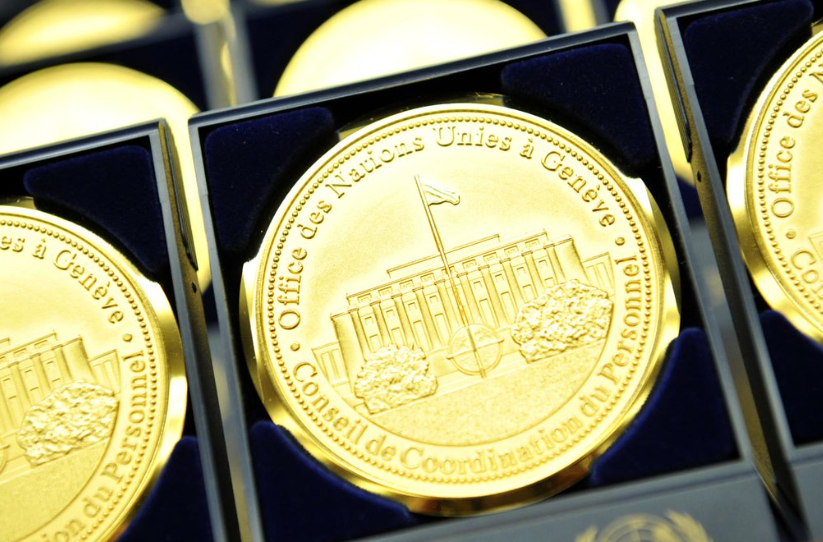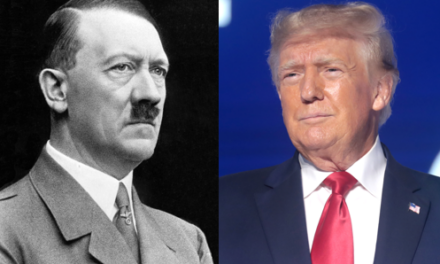The United Nations has decided to honour Ismail Haniyeh, leader of the militant group Hamas, with the prestigious “Medal for Peace.” The decision, hailed by some as a beacon of irony, has left others wondering if the UN has a new definition for “peace.”
The “Medal for Peace” is typically awarded to individuals or organizations that have made significant contributions to global harmony and conflict resolution. In this case, it seems the UN is taking a more avant-garde approach by recognizing Haniyeh’s undeniable talent for keeping things, well, lively in the Middle East.
The award ceremony is expected to be a festive affair, complete with a fireworks display and a performance by the Hamas marching band, which, according to sources, will play a medley of hits including “Rocket Man” and “Tunnels of Love.”
“We believe in recognizing the unique efforts of individuals in maintaining, shall we say, a dynamic geopolitical environment,” stated a UN spokesperson with a straight face that betrayed no hint of sarcasm.
Critics argue that the decision is a departure from the traditional values of the “Medal for Peace.” However, UN officials counter that Haniyeh has brought a certain flair to the region, showcasing a talent for ensuring that peacekeepers are never out of a job.
The citation for the award reportedly commends Haniyeh for his creative approach to diplomacy, innovative use of tunnels, and his dedication to ensuring that ceasefires are merely breaks between acts in the ongoing drama of Middle Eastern politics.
As the international community eagerly awaits the ceremony, it seems the UN is embracing a new era of recognition, where leaders of armed factions can stand shoulder-to-shoulder with peacemakers, reminding us all that in the world of diplomacy, anything is possible, and peace might just be a rocket launch away.
















